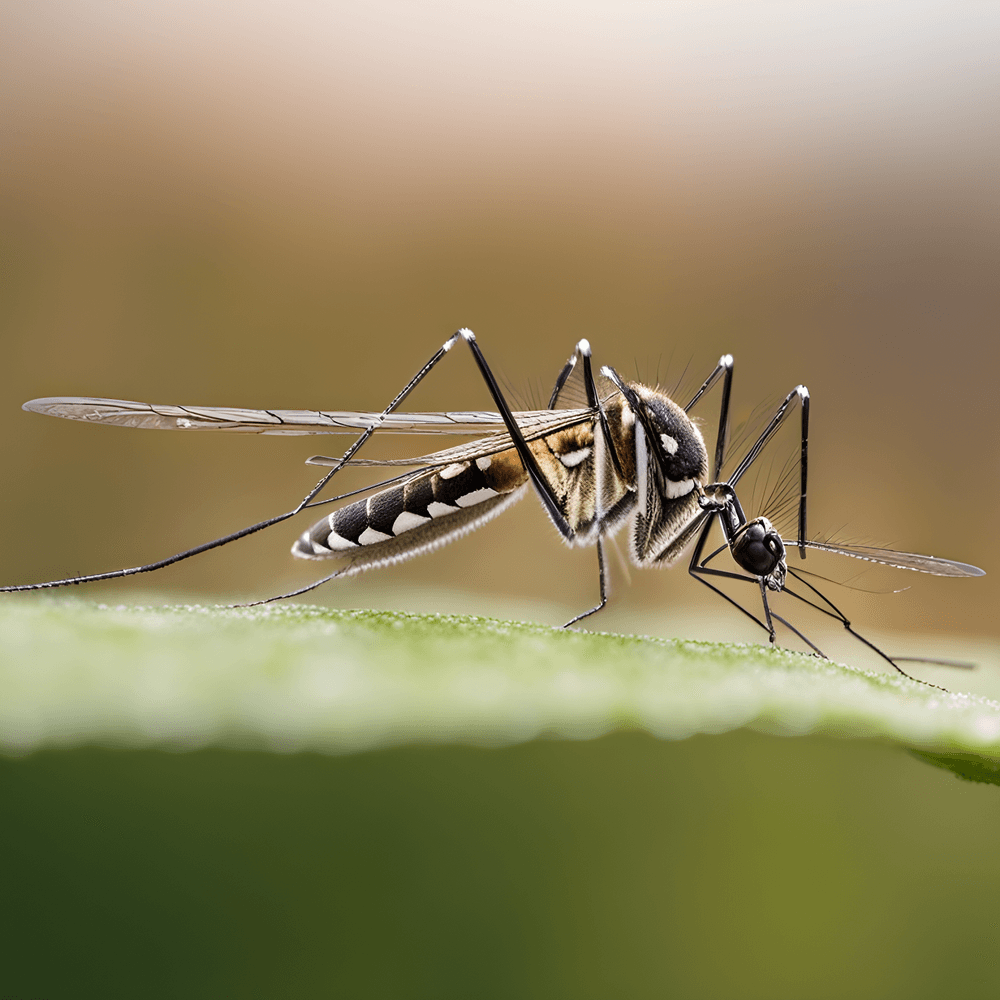-

Thermacell® Introduces the E65 Rechargeable Mosquito Repeller + Fast Charging Dock to Extend Your Time Outdoors
Mar 18, 2025 -

Thermacell® and Kennebunkport Resort Collection Partner to Provide Mosquito-Protected Hotel Stays
Aug 5, 2024 -

Effective Mosquito Control Strategies to Fight the Bite This Summer
Aug 5, 2024

As the chill of winter envelopes the world, we often find solace in the thought that pesky mosquitoes will finally leave us alone. However, contrary to popular belief, these tiny but irritating creatures do not vanish completely during the colder months. In this blog post, we delve into the truth about mosquitoes in winter and explore their survival strategies during the coldest season of the year.
The Winter Survival Tactics of Mosquitoes
- Diapause: Like many other insects, mosquitoes employ a tactic called diapause to survive during the winter months. Diapause is a state of dormancy where the insect's metabolic activities slow down. Female mosquitoes that feed on blood typically enter diapause, while males and non-blood-feeding females may perish due to the freezing temperatures.
- Hibernation: Certain mosquito species, especially those adapted to colder climates, have the ability to hibernate during winter. Female mosquitoes belonging to these species seek out protected habitats such as damp cellars or animal burrows where they can withstand the freezing conditions until spring arrives.
- Overwintering as Eggs or Larvae: Another strategy employed by mosquitoes is to overwinter in the form of eggs or larvae. Female mosquitoes lay their eggs in bodies of water, such as ponds or puddles, before winter sets in. These eggs or larvae can survive even in freezing conditions, remaining dormant until warmer weather triggers their development.
- Mosquito Hotspots: Although mosquito activity may decline significantly during winter, certain "hotspots" can continue to harbor these insects. Urban areas with underground heated parking lots, water treatment plants, or greenhouses provide refuge for mosquitoes seeking warmth and moisture during the cold season.
Consequences of Mosquitoes' Winter Survival
- Disease Transmission: While mosquito populations are significantly reduced in winter, the presence of mosquitoes can still pose a health risk. Some mosquito-borne diseases, such as West Nile virus, can persist even in colder climates. It is crucial to remain cautious and take appropriate preventive measures to avoid potential infections.
- Ecological Impact: The survival strategies of mosquitoes during winter are essential for maintaining ecological balance. They not only serve as a food source for other organisms but also contribute to pollination and nutrient recycling in their respective ecosystems.
Although it may be comforting to think that mosquitoes disappear during winter, the reality is that these resilient insects utilize various survival strategies to ensure their species' persistence. Understanding their behavior and survival tactics during the colder months can help us prepare better and take necessary precautions to minimize mosquito populations and reduce disease transmission.
While the reduced mosquito activity during winter brings temporary relief, it is important to remain vigilant and implement appropriate preventive measures, such as using mosquito repellent and employing mosquito control methods, to safeguard against potential health risks. Investing in a reliable mosquito repellent device can also provide added protection and peace of mind. With this knowledge, we can stay informed and be better prepared for the return of these buzzing nuisances when spring arrives.
Categories: Winter Tips
Related Posts

